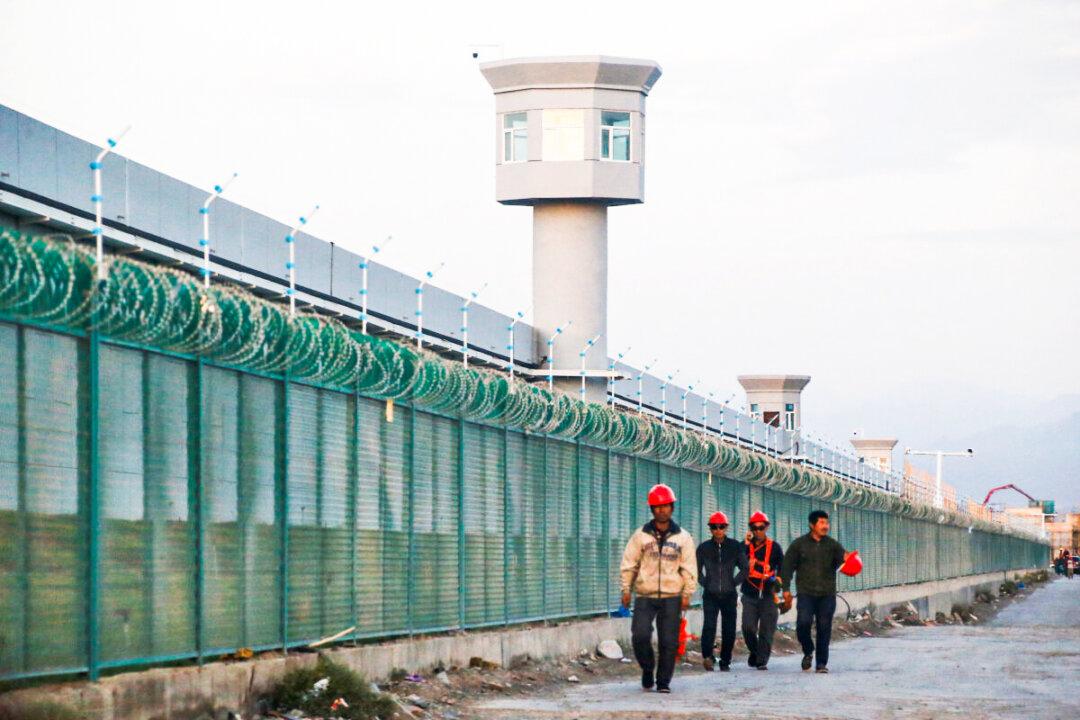The global auto industry continues to remain intricately tied to supply chains in China’s Xinjiang region, thereby becoming part of its human rights abuses, according to a new report.
More than 100 international firms have some exposure to goods made from forced Uyghur labor. “Several major international auto manufacturers—including Volkswagen Audi Group, Honda, Ford, General Motors, Mercedes-Benz Group, Toyota, Tesla, Renault, NIO, and Stellantis Group—had several supply chain exposures to the Uyghur region,” the report states.
China-based Baowu, the largest steel supplier in the world, is the biggest steel producer in the Uyghur region. Xinjiang produces around 6.6 million tons of aluminum per year, accounting for a tenth of the global supply.
The region is also home to some of the largest copper processors in the world like the Zijin Mining Group and the Xinjiang Non-ferrous Metals Company. A significant amount of China’s processing of lithium—critical in electric vehicle batteries—is done in Xinjiang.
Since 2017, Beijing has allowed five lead-acid battery manufacturers to smelt lead and produce batteries in the region. The Camel Group, the largest among them, has earlier been subject to sanctions due to “frequent blood lead incidents.”
Recommendations, US Action
The report recommended governments to enact mandatory human rights diligence laws that will require companies to address the risk of violations beyond first-tier suppliers.Any imports linked to forced labor must be banned, the report stated. In addition, governments must ensure that all procurement of automobiles for official use must not contain parts from Xinxiang, it added.
As for companies, the report asked car firms to work individually and collectively to investigate their own supply chains linked to Xinjiang.
In June, the United States banned the import of goods from Xinjiang with the enactment of the Uyghur Forced Labor Prevention Act.
China is one of the largest auto parts suppliers in the world, exporting more than $45 billion worth of products in 2021. The United States received a quarter of these exports last year worth around $11.5 billion.





